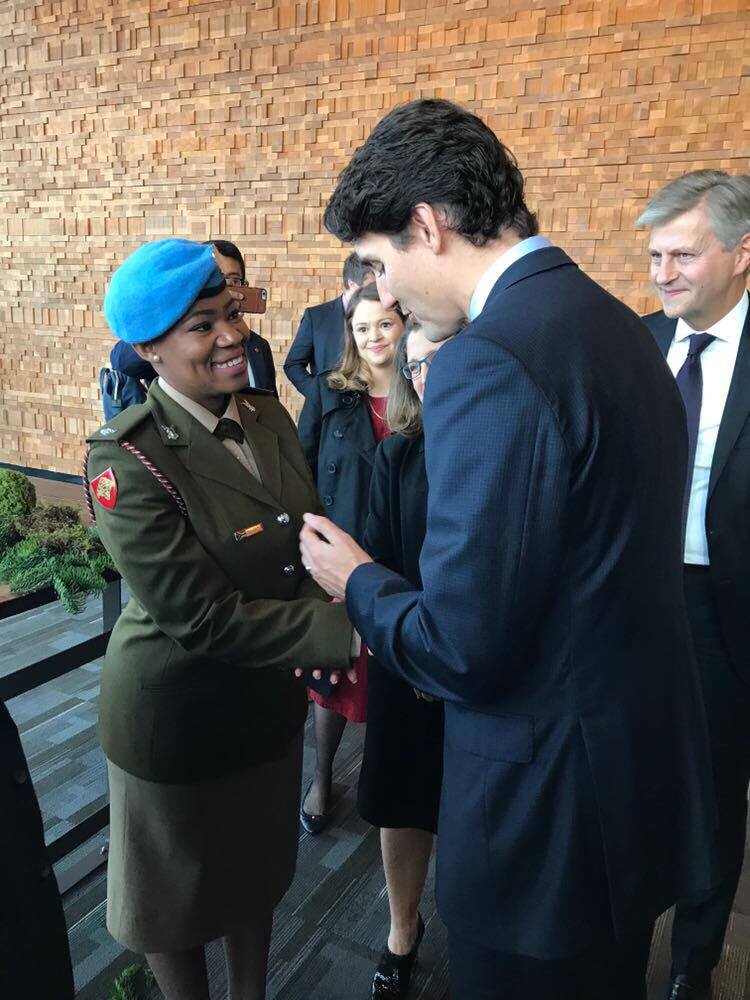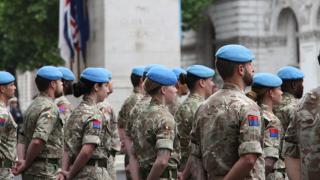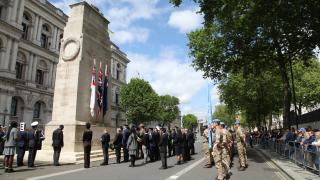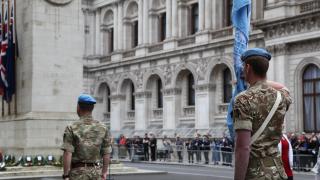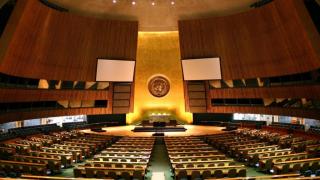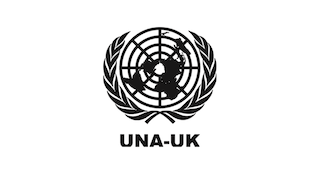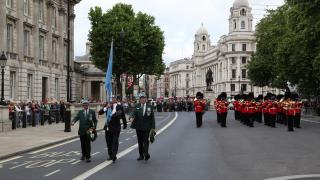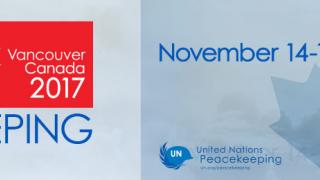
The largest gathering of defence ministers dedicated to UN Peacekeeping is currently taking place in Vancouver, Canada.
The conference has already generated 30 new pledges for peacekeeping contributions.
The United Kingdom pledged that its commitment to UN Peacekeeping in South Sudan would continue at the current level for at least another year, with up to 300 British Army engineers to remain in the country up to at least April 2020. The UK's deployment to South Sudan is currently comprised of engineers and a field hospital which will be handed over to a Vietnamese contingent next year. As part of our Keeping Britain Global campaign UNA-UK had written to the Minister of Defence earlier in the year calling for the deployment to be extended and we are delighted that the Ministry of Defence have indeed done so.
The hosts, the Canadian government, also pledged a 200 strong Quick Reaction Force with armed helicopters and transport aircraft. While short of the 600 troops and 150 police offiers previously promised, this 'smart pledge' will give the United Nations much needed capabilities. Other countries, including Bangladesh, also promised additional troops.
The conference also saw the adoption of the "Vancouver principles", a set of rules aimed primarily at preventing the recruitment and use of child soldiers. Our sister organisation UNA-Canada ran a Youth for Peace event at the conference, to open discussions up for a younger generation.
Major Seitebatso Pearl Block, a South African Information Operations Officer stationed as part of the UN Mission to the Democratic Republic of Congo (MONUSCO), was also given the inaugural UN Military Gender Advocate of the Year Award for her work with the local community and in developing a mission-wide text-messaging campaign on conflict-related sexual violence to reach communities who would otherwise not be easily accessible.
Major Seitebatso Block receiving her award from Prime Minister Trudeau
The conference comes at a difficult time for peacekeeping with budget cuts on the one hand and escalating violence on the other. Some argue that the response of UN peacekeepers should be to withdraw from areas where there is no more peace to keep. Others argue that it is precisely in those areas where UN blue helmets are uniquely placed to uphold the international community's "responsibility to protect" civilians from atrocity crimes.
Peacekeeping works
Research shows that peacekeeping is one of the most valuable conflict prevention tools the international community has at its disposal. However, reform is required for peacekeeping to be effective in many of the current and emerging hot spots.
UNA-UK argues that it is vital for the UK as a permanent member of the Security Council, and indeed all member states, to ensure that UN Peacekeeping has the resources and political support to carry out the tasks the Council sets for it. They should also support the Secretary-General's ambitious reform agenda. UNA-UK's Executive Director, Natalie Samarasinghe, makes these points in a letter published in the Economist today.
On sexual exploitation and abuse by peacekeepers - an issue which urgently needs to be addressed for moral, practical and reputational reasons - it is important that member states take the steps necessary to match the commendable reforms undertaken within the UN system. Unfortunately, recent language from some states suggests a lack of commitment to address this issue, instead preferring to roll back or reinterpret previously agreed policies. Fresh claims that an individual against whom there are credible allegations of sexual war crimes was recently deployed as a UN peacekeeper further demonstrate the need for states to take urgent action.
UNA-UK's Mission Justice campaign makes the argument that states must live up to their responsibilities to prosecute acts of sexual violence committed by UN peacekeepers. Our campaign is based upon three principles:
- Clarity over who is responsible. At every stage of the investigative process it must be clear who has responsibility for moving the investigation to the next phase. Responsibility cannot be shared or shirked, but must be held by a named individual at all times
- Prosecution as the end goal in all cases of sexual violence. An investigation into an allegation of sexual violence should only ever end in one of two ways: Either in prosecution, or in a finding that there is not enough evidence to justify prosecution
- No peacekeeper should be above the law. Peacekeepers who cannot be held to account should not be deployed. States should only be able to participate in peacekeeping if they demonstrate both a willingness and an ability to investigate, and if necessary, prosecute troops who have been accused of committing acts of sexual violence
Photo credit Isaac Alebe Avoro Lu’ub

